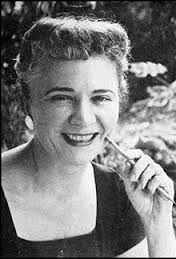 So I set out to be more productive writing this year. That wasn’t a particularly high bar, given that I hardly wrote anything the second half of last year. This year I set some boundaries in place. So far they’ve held, but it’s been dicey a few times.
So I set out to be more productive writing this year. That wasn’t a particularly high bar, given that I hardly wrote anything the second half of last year. This year I set some boundaries in place. So far they’ve held, but it’s been dicey a few times.
Here’s how I did. I managed to write every single day of January. The highest word count was on the first, with 2764 words that day. The lowest was 519. I managed to write a total of 37,152 words, including tonight’s count, for a daily average of 1198. I’m not sure how sustainable that is.
What did I write? I finished three items that had been mouldering on my hard drive. One novellette and two short stories. I added a little to a fourth. I also completed two short stories from scratch. This past Sunday, I didn’t compose any fiction, but the review of C. L. Moore’s “There Shall Be Darkness” will become a chapter in a book I’m planning, so I counted it.
Right now I’m working on a novella. I’m not quite sure where some parts of it are going, but trust me, it’s going to be awesome. It’s got lost cities, sorcerer-kings, time travel, cursed princes, talking apes, and it’s sword and sorcery.
I’ve been thinking the last few days about what I can accomplish if I can keep this pace up. I’m not writing at pulp speed yet, but I accomplished more than I thought I would when I started 31 days ago. I think for the rest of the year, I’m going to concentrate on novels and novellas that I’ll publish myself. I’ll still try to write short stories in between for fun and to submit to selected markets.
I’ve got two short cross-genre novels, one science fiction and one fantasy, and both mystery that are finished and just need to be cleaned up. Also on the burner are a deep space disaster novel, a hard science-sword and planet blend, a noir novel, a dark fantasy-love story mashup, and a far future science fantasy. All but the noir novel have been started. There are various other projects on the back burner that might get moved up if Yorricka the Muse decides to be kind.
If I can maintain this pace, even for part of the year, I should be able to get some of those out the door.










